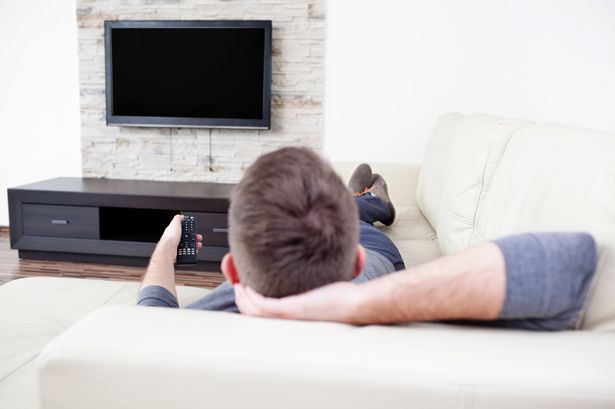Many people may wrongly think that they do not need to pay for a TV licence.
The TV licence is a bill that most households pay on a monthly or yearly basis and those who want to watch live TV or use the BBC's iPlayer service must fork out for a licence for their home. As the BBC's main source of income, if you watch or record live TV programmes, it is a must have.
It is an annual charge of £159 and lasts for one year after the day it is paid. But there are some reasons you do not need to have a TV licence, the Mirror reports.
READ MORE:GMTV Fiona Phillips shares anxious admission as she issues update on Alzheimer's diagnosis
READ MORE: Martin Lewis' 'easy way' to slash energy bills if you're with E.on
It used to be straightforward, as until the 21st Century, if you wanted to watch TV shows, you needed to watch an actual TV. But with technology evolving, there are many more ways to catch up with your favourite TV shows now, with a lot of options that don't include watching live television.
However, many people have been switching to online streaming services such as Netflix, Amazon Prime, Disney Plus and Sky. Here's everything you need to know.
What is a TV licence and when do I need one?
A TV licence gives the holder legal permission to use television-receiving equipment. If you are watching a TV show, while it is going out live, you need a licence. That includes watching the shows through paid-for services like Sky or Virgin Media or Now and viewing on a computer, or through an app on your games console, phone or Smart TV.
You also need one if you use BBC’s iPlayer to watch any content, as TV licences fund the BBC. If you are watching other apps, like ITV Player, you need a licence IF you are watching the shows as they go out live. You also need a licence if you are recording live TV to watch later.
You need to be covered by a TV licence if you watch live TV on any channel or device. This includes:
- If you’re watching on TV or on an online TV service;
- For all channels, not just the BBC;
- If you record a programme and watch it later;
- If you watch a programme on a delay;
- To watch or record repeats;
- To watch or record programmes on +1, +2 and +24 channels;
- To watch live programmes on Red Button services;
- Even if you already pay for cable, satellite or other TV services;
- To watch satellite or online programmes shown live from outside the UK or Channel Islands
You can be fined up to £1,000 if you watch or record live TV without a TV Licence.
If I only watch Netflix or Amazon Prime do I need one?
you do not need one if you're watching shows on catch-up using streaming services such as Netflix, Amazon Prime, ITVX, Disney Plus, YouTube, All 4 or My5. This applies as long as you're not watching stuff live through these services. According to TV licencing, when watching anything live, you need a licence.
If you are watching a TV programme live on YouTube, you need to be covered by a TV Licence. User generated content or clips and videos you do not need one.
A licence is not required to view user generated content, clips and videos on YouTube. This includes live streamed content that is not part of a television broadcast. Or being broadcast at the same time by other means.
What does it cover?
A single TV licence covers all of the following in a single property:
- TV sets;
- computers;
- laptops;
- tablets;
- mobile phones;
- and any other device that can receive a TV signal
More information about TV licences can be found here.
Receive newsletters with the biggest and breaking TV and showbiz news by signing up here

